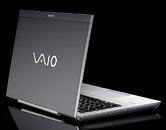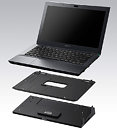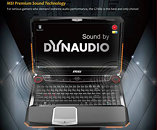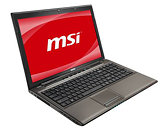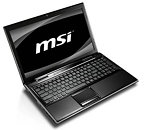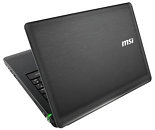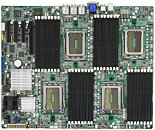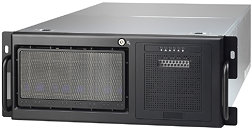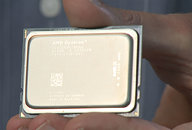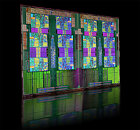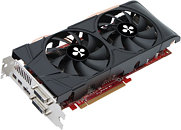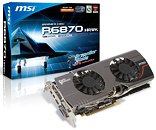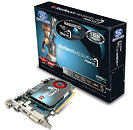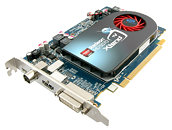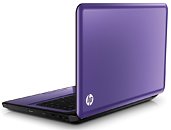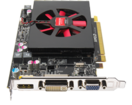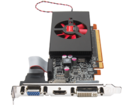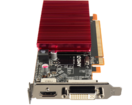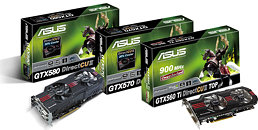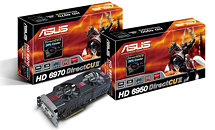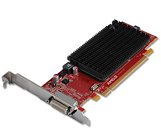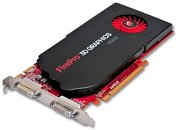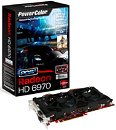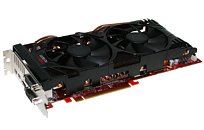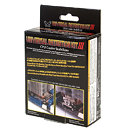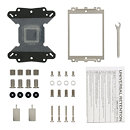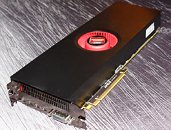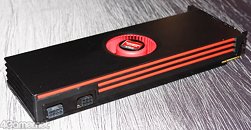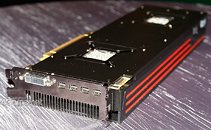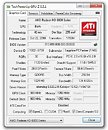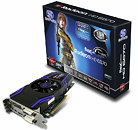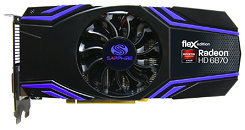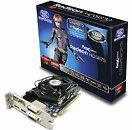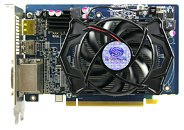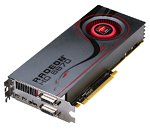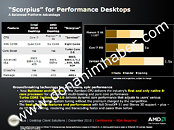
Boost Your Productivity with New VAIO S Series Notebooks
Power, design and mobility come together beautifully with the new VAIO S Series of 13.3" (33.7cm) slim notebook PCs from Sony. The slim, light VAIO S Series features a stylish new 'full flat' design that's crafted in magnesium with a wide aluminium palmrest for strength, lightness, usability and looks. There's also a cleverly concealed hinge mechanism that doesn't distract your view of what's on screen. Overall thickness shrinks to less than 24mm, while weight is a travel-friendly 1.75kg (approx.)
VAIO S Series introduces a smart new battery concept that lets you keep working day and night without a pause. The internal lithium polymer battery provides power for up to 7 hours on-the-go computing (in Stamina mode). It's partnered by a second thin, flat optional lithium polymer extended battery that can be charged separately from the PC and added without removing the internal battery. The second battery attaches without having to switch off the PC, boosting stamina to up to 14 hours if you're far from mains power.
VAIO S Series introduces a smart new battery concept that lets you keep working day and night without a pause. The internal lithium polymer battery provides power for up to 7 hours on-the-go computing (in Stamina mode). It's partnered by a second thin, flat optional lithium polymer extended battery that can be charged separately from the PC and added without removing the internal battery. The second battery attaches without having to switch off the PC, boosting stamina to up to 14 hours if you're far from mains power.

